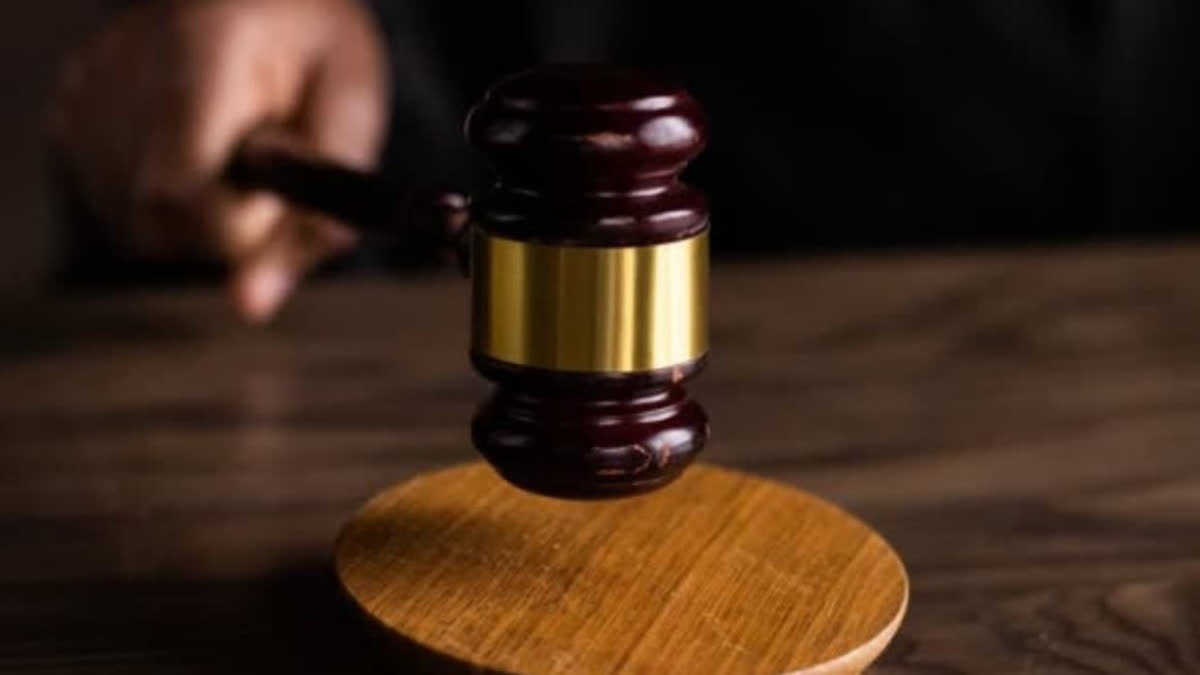It is pertinent to raise a voice when it comes to gender justice. However, it is equally important to know that justice can not be blind towards a gender. It is about the tragic death of 34-year-old Atul Subhash — a software techie, who died by suicide in Bengaluru, leaving behind a trail of haunting allegations. Atul has accused his estranged wife, her family and even a city judge in Uttar Pradesh of harassment, extortion, and corruption. Even in his death, he has told his story in excruciating detail in a 24-page suicide note and an 80-minute long video. Both of these have gone viral, creating a very grim picture of despair, a system's failure, and alleged abuse of laws that are meant to protect India's citizens.
Following the death, Subhash's brother, Bikas Kumar filed a complaint. Kumar said that the alleged false complaint by the former's wife and the events that followed, including the demand for the huge amount led to Subhash's mental and physical breakdown, eventually compelling him to take the drastic step. Subhash married Nikita Singhania in 2019, and the couple has a four-year-old son. The Deputy Commissioner of Police Shivakumar Gunare of Whitefield Division said in his statement, "It has been alleged that Singhania had filed a false complaint against Subhash with the help of her family. The accused did not even allow Subhash to meet his son and demanded Rs 30 lakh instead. During court proceedings, Singhania and her family threatened Subhash to pay Rs 3 crore failing which he would die."
Gender Justice
Subhash's death is raising some very urgent questions. Are laws made to protect women being misused? Is there enough oversight to prevent harassment of the innocent? And most importantly, how do we stop the growing trend of men resorting to such tragic ends? India's legal framework, particularly laws like section 498A of the Indian Penal Code, was established to protect women from domestic violence and dowry-related abuses. While these laws have been instrumental in empowering women to seek justice, they are sometimes misused to settle personal scores or gain leverage in matrimonial disputes.
Talking to ETV Bharat, Senior Bombay High Court advocate Abha Singh said, laws meant to protect women should not be misused. She points out that section 498A has also been misused "These laws are made to protect women but we miss out that the initial investigation done by the police has also gone wrong here. Why would the police register the case in UP when both the victim and the accused are working and staying in Bengaluru? The jurisdiction of India says the victim can register a case at the place where the crime takes place or where the complainant is living. A senior policeman can make out if it's the right case or not. This is legal terrorism and corruption. Investigation should be done against Jaunpur police as well, who filed the initial case," says Singh.
The Supreme Court of India defines Legal terrorism as state-sponsored terrorism, carried out by the state itself. Vexatious litigation is the filing of lawsuits to harass or censor.
Charu Walikhanna, a leading women's rights lawyer and former member of the Supreme Court Bar Association agrees that police need to be vigilant when they are filing complaints of section 498A. "Actual girls who have been tortured, burned and boiled to death in rural areas and who are not so empowered are not able to get the benefits. It has been misused by privileged people because they are aware of the law. There should be a specific physical injury and not a lose statement, which makes the allegation serious. The matrimonial disputes are so complex. Frivolous allegations should not be considered as cruelty," stated Walikhanna.
Travesty of law
It's easy to make this battle sexist. But it is not about men vs women, nor should it be a misogynistic debate. The Supreme Court has said several times that Dowry Law, Cruelty Against Women, and Domestic Violence Law are the most misused laws in the country.
Men's rights activist and documentary filmmaker Deepika Narayan Bharadwaj says that there's no surveillance committee to see how the laws made to protect women have been misused. "There's no surveillance. The requests fall on deaf ears. Last year petition filed in the Supreme Court of India asking for a national commission for men was denied stating, 'you are asking for a commission where men will commit suicide in future'. This is the future that has come. I think it is time for our courts and lawmakers to take cognizance. Protecting men's rights is as important as the lives of women who become victims of abuse and harassment.
In 2005 SC called the Indian Penal Code, IPC 498A a tool for legal terrorism and in 2014 guidelines were passed by the SC to put an end to the automatic arrest of men and members of their families under the same section of IPC. "But the harassment doesn't stop. It is very easy for a woman to implicit the husband and the entire family in this litigation. And this case is just one case, there are thousands of such cases which are not even reported," says Bharadwaj.
Missing the point
Last year, a report released on Husband Suicide and Murder by Ekam Nyay Foundation documented 835 cases where either the husband was murdered by the wife or there were threats of false cases or there were threat cases which were written in suicide notes that he was dying because of the harassment.
In the absence of surveillance by lawmakers, the misuse of laws is bound to happen, especially when women's rights are protected in so many ways. Bharadwaj calls for a committee that can give a sense of justice to the man who has killed himself leaving detailed trauma he had endured. "It is the need of the hour to address the grievances of lakhs of men. This is a collective outpouring of people. There should be a committee to analyse the laws of protection of women," demands the men's rights activist.
Waliakhanna, on the other hand, says any judicial committee can not have extra powers. Police stations have crimes against women's cells. It is there that they should look at the veracity of the case. There's already a system in place, which needs to be strengthened and more robust rather than replacing it with a committee which is an extra-judicial entity," opines the lawyer.
Hypocrisy vs equality
The activist also attributes the event to the "failure of the judicial system". She says, "The judge has not seen through the complaint if it's a false request. What is the complainant's income and why does she need maintenance." She further says that most arranged marriages have also come down to looking for a rich boy.
"We say women are equal to men and they are empowered then why families are ensuring that the woman becomes an appendix to the man. If she is an educated woman then why does she need maintenance? Girls are marrying for money and so the parents are giving dowry seeing the boy's wealth and qualification. And when the marriage doesn't work out these cases are filed, especially by the privileged women," asserts Waliakhanna.
Read More:



